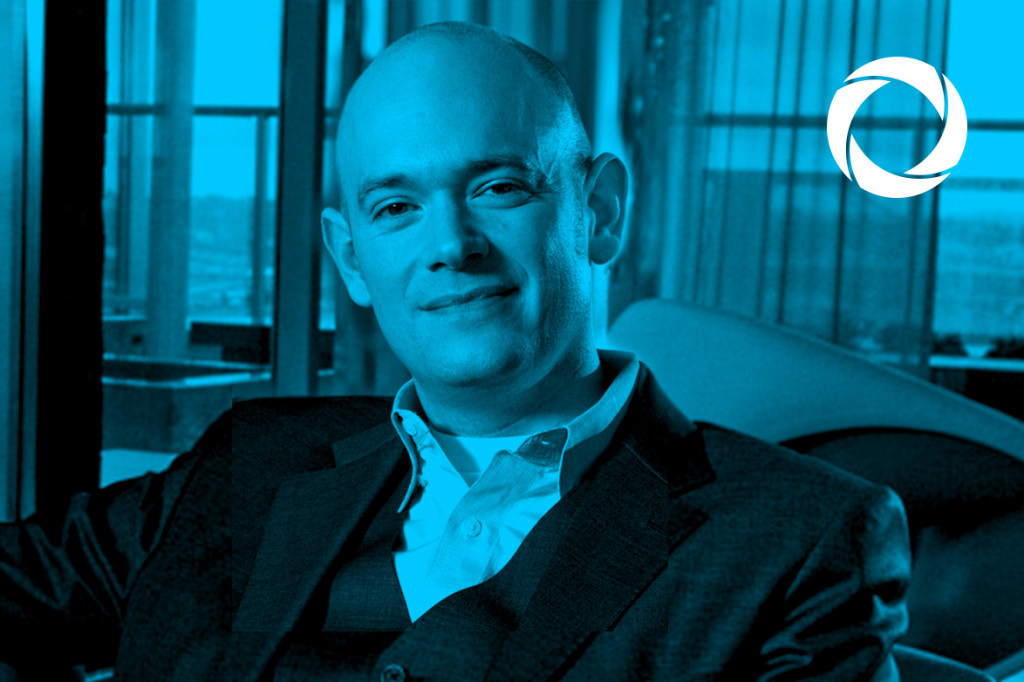
The business of building the future
Brian David Johnson uses ethnographic field studies, technology research, trend data, and even science fiction to provide a pragmatic vision for the future of technology. He works with governments, militaries, trade organizations, start-ups and multinational corporations in addition to lecturing around the world. Johnson has written articles for publications such as Slate and the Wall Street Journal, and has been featured in Scientific American, The Technology Review, Inc., Forbes, and Popular Science as well as appearing on Bloomberg TV, PBS, FOX News, and the Discovery Channel. Brian David Johnson will be sharing his vision of the future with educators at IntegratED PDX 2016 this February.
In anticipation of this event, we conducted a brief personal interview with Brian David Johnson. Read the full interview below!
Who are you, and what do you do?
I am a futurist. I work with organizations, non-profits, corporations, militaries and start-ups to model the future. I work with people who need to make big investments today that might not pay off for 10 years or more. I’m an applied futurist, which means I not only model the future but I work with organizations to actually build that future as well.
What are your technology “must-haves”—the technology (hardware, software—whatever falls into your definition of the category) that you could not get through the day without?
Technology must-haves in order of importance:
- Reading glasses
- Pen and paper
- Smartphone
- Laptop
How did technology affect your own education? Is there anything you miss about technology at that time?
I was born a geek. Both my parents were engineers so I grew up knowing how to talk to computers. I started taking computer programming classes at the local college when I was ten. I also worked in the computer lab teaching economics students how to use these new things called “personal computers.” We called them that because you could pick them up all by yourself. I also started programming on a TI99 back in the 80s. I was such a nerd that I used to listen to the tape data drive in my cassette player. It used to screech and squawk with code.
What is your hope for the future of technology in education?
My hope is that we always remember that technology is just a tool. Education is ultimately about people. It starts with people (teachers and parents) and ends with people (learners). There might be a lot of technology and process in between but it’s always about people. What I am excited about is that technology will allow us to make education uniquely individual, so that we will be able to tailor every educational experience to every learner. And that means all of us. We are all lifelong learners.
If you could go out for coffee with anyone—historical or contemporary, real or fictional, celebrity or unknown—who would it be?
Masahiro Mori for sure! Mori-san is a roboticist who is mainly known for coming up with the concept of the uncanny valley. But I’m a super fan because of his book Buddha in the Robot. In it he explores how machines and robots are extensions of our own humanity. We can make machines that are purely for good and if we do they can be our better angels.
To hear more of Brian David Johnson’s thoughts on future technology, robot philosophy, and the not-so-subtle sounds of cassette tape data, register for IntegratED PDX 2016, our two-day conference for educators.